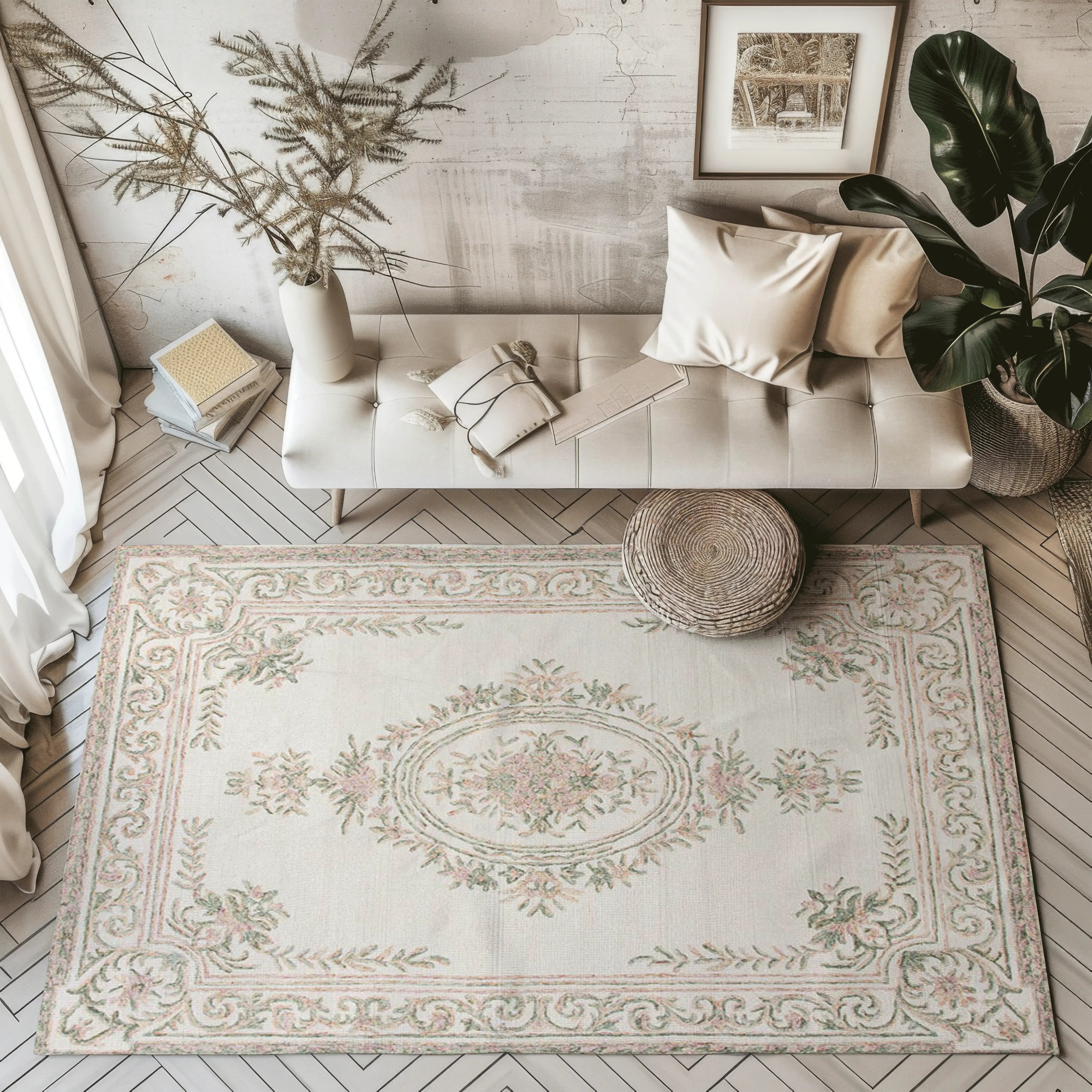Is Your Rug Safe for Kids? Discover the Hidden Secrets of Child-Friendly Design!
Creating a safe environment for children is a top priority for parents, and one often overlooked element in this equation is the rug in their bedroom. Child-safe bedroom rugs play a crucial role in ensuring that kids have a comfortable and secure space to play, learn, and grow. As awareness increases among parents about the significance of materials and design in children's products, the demand for safe, high-quality rugs has surged. This article aims to guide you through the essential features, materials, and safety certifications that make a rug truly child-safe, ensuring peace of mind while your little ones enjoy their space.

Understanding Child-Safe Materials
When it comes to selecting a rug for a child's room, it’s vital to consider the materials used in its construction. Natural fibers like cotton, wool, and jute are typically favored, as they are not only durable but also free from harmful chemicals. These materials are breathable and less likely to harbor allergens, making them suitable for children with sensitivities. In contrast, synthetic rugs may contain harmful substances like volatile organic compounds (VOCs) and toxic dyes that can pose health risks. Non-toxic dyes are essential for any rug intended for kids. For instance, I remember a friend's experience when she discovered that the vibrant colors in her daughter's rug were actually harmful; she quickly switched to a safer option made from organic materials, which provided her with peace of mind.
Key Features of Child-Friendly Rugs
Beyond materials, there are several key features that contribute to the safety of rugs in children's rooms. Durability is paramount; kids are active and can put rugs through a lot of wear and tear. Look for rugs that are designed to withstand heavy foot traffic and the occasional spill. Additionally, ease of cleaning is crucial—rugs that are machine washable or have stain-resistant properties can save a lot of headaches for parents. Slip resistance is another important feature; rugs should stay securely in place to prevent slips and falls. Furthermore, hypoallergenic properties help reduce allergens in the environment, while resistance to mold and mildew keeps the space healthy. A friend of mine opted for a low-pile, easy-to-clean rug for her son’s playroom, and it has held up beautifully, allowing for endless hours of fun without the worry of damage or stains.
Safety Certifications and Standards
As parents navigate the options available, it’s essential to look for safety certifications that indicate a rug meets specific safety standards. Certifications like the Global Organic Textile Standard (GOTS) ensure that textiles are made from organic fibers and produced in an environmentally and socially responsible manner. Additionally, the Carpet and Rug Institute (CRI) Green Label certification indicates that a rug has been tested for VOC emissions and meets strict indoor air quality standards. These certifications provide reassurance that the rug is not only safe for children but also contributes to a healthier home environment. When selecting a rug, checking for these certifications can help parents make informed choices, knowing they are prioritizing their child's safety.
Choosing the Right Size and Design
The size and design of a rug can significantly impact safety in a child's room. Choosing the right size is essential to prevent tripping hazards; a rug that is too small may slide around or create an uneven surface. Ideally, the rug should be large enough to anchor the furniture in the room, providing a defined play area. Design elements are equally important; avoid high pile or shaggy textures that could pose risks for trips or falls. Instead, opt for flatweave rugs or those with low pile, which offer a safer surface for children to crawl and play on. A friend of mine shared how she chose a large, colorful rug with a playful design for her daughter's room, creating a fun atmosphere while ensuring safety with its flat surface.
Making Informed Choices for Your Child's Safety
In summary, selecting child-safe bedroom rugs is an integral part of creating a safe and nurturing environment for children. By understanding the importance of materials, key features, and safety certifications, parents can make informed decisions that prioritize their child's well-being. The right rug not only enhances the aesthetic of a child's room but also contributes to a safe play environment, allowing children to thrive. As you explore your options, remember to prioritize safety in your choices—your child's comfort and health depend on it.







